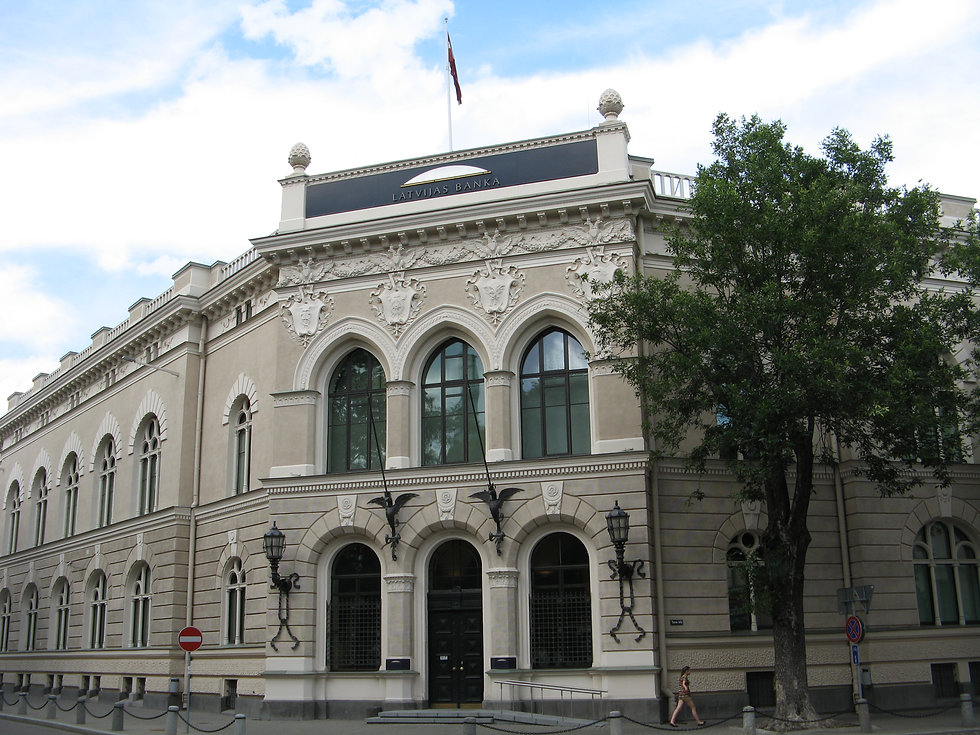Bank of Latvia Governor Urges Swift Action to Seize Frozen Russian Assets for Ukraine's Defense
- Flexi Group
- Mar 26, 2024
- 2 min read
A European central bank governor has urged swift action in seizing frozen Russian assets to support Ukraine's war effort, stressing the imperative of utilizing these funds despite potential financial and legal concerns. Mārtiņš Kazāks, the head of Bank of Latvia, emphasized the necessity of providing financial assistance to Ukraine, stating, "Of course the aggressor’s funds must be used." He underscored the geopolitical importance of aiding Ukraine and highlighted the choice between levying taxes on citizens or utilizing assets of the aggressor to fund the war effort.
The European Commission has expressed interest in using profits from frozen Russian central bank assets, held in Belgium-based security depository Euroclear, to bolster Ukraine's defense capabilities. However, the European Central Bank (ECB) has raised objections, citing concerns about potential breaches of international law and the credibility of the euro. Bank of Italy Governor Fabio Panetta echoed these sentiments, cautioning against weaponizing the currency, which could diminish its attractiveness and promote alternatives.
Kazāks countered these arguments, emphasizing the broader impact of allowing Russian aggression to prevail. He warned that a weak response to Russian aggression could undermine European credibility, ultimately affecting the stability of the euro and financial markets. While acknowledging potential repercussions on the international role of the euro, Kazāks argued that failing to support Ukraine would have even graver consequences.
He stressed that supporting Ukraine's war effort aligns with the ECB's mandate of maintaining price stability, as the conflict affects economic ability, credibility, and inflation. Kazāks acknowledged the need for prudence and adherence to international law but emphasized the moral imperative of halting Russian aggression. As a Latvian residing near Russia's border, he rejected arguments that could strengthen Russia's position, emphasizing the necessity of stopping Russian aggression to uphold European and Western values.
Kazāks reassured that while the conflict is challenging, physical evidence suggests that Russia's advances are met with fierce resistance in Ukraine. He cautioned against underestimating the threat posed by Russia but stressed the importance of taking a proactive approach to address the crisis. In his view, supporting Ukraine is essential not only for the region's stability but also for preserving European credibility and values.
In conclusion, Kazāks's remarks underscore the urgency of seizing frozen Russian assets to support Ukraine and counter Russian aggression. He urged European leaders to prioritize providing financial assistance to Ukraine, emphasizing the broader implications of failing to act decisively. Kazāks's stance reflects a commitment to upholding European values and defending against threats to regional stability. As Europe grapples with the escalating crisis in Ukraine, his words serve as a call to action for solidarity and decisive intervention.
By fLEXI tEAM
.png)
.png)








Comments